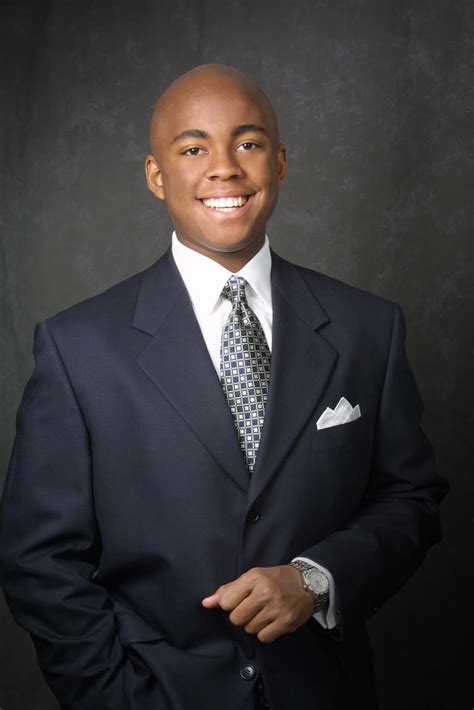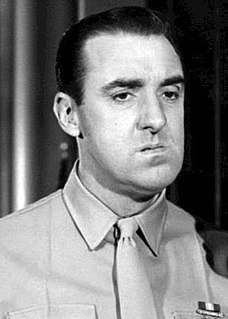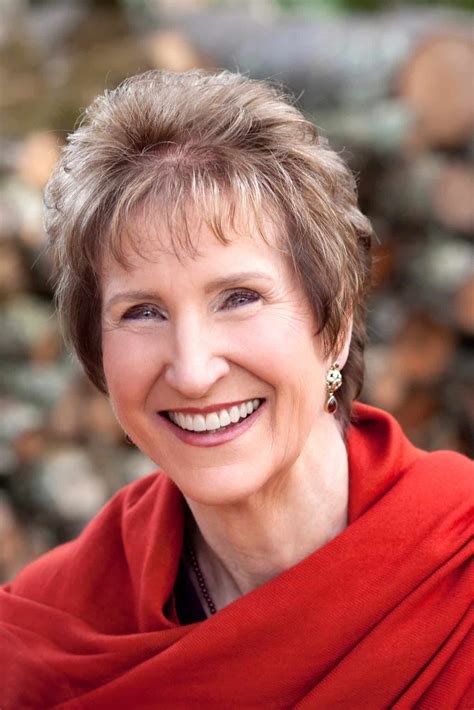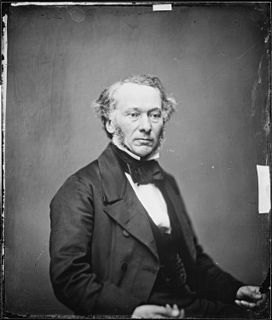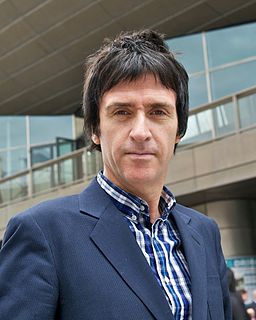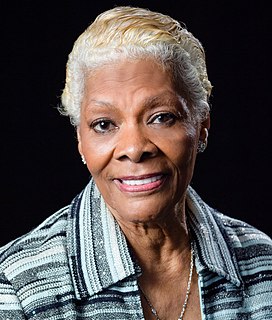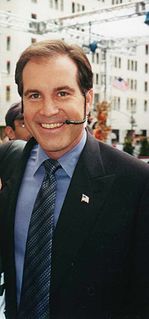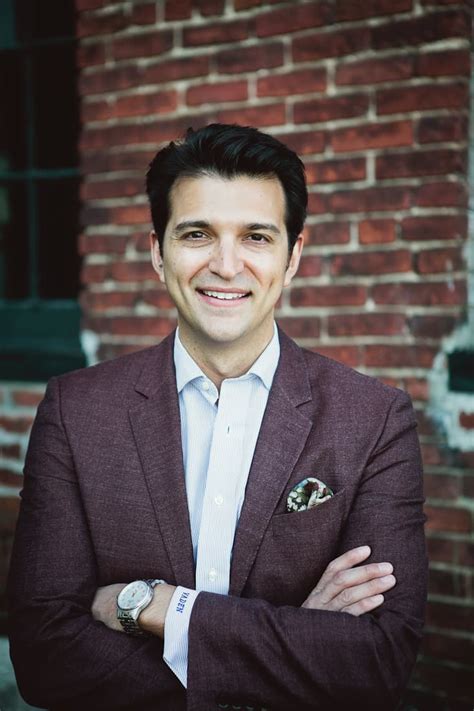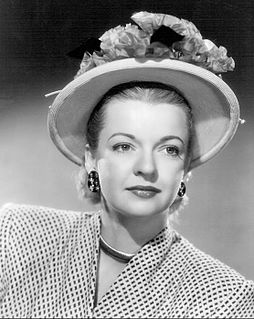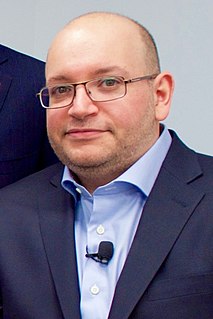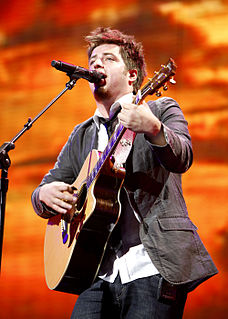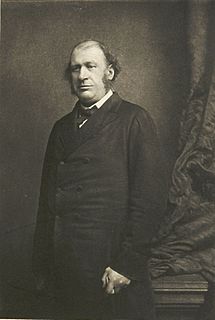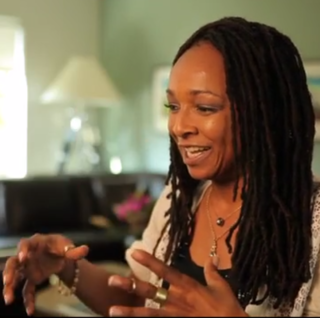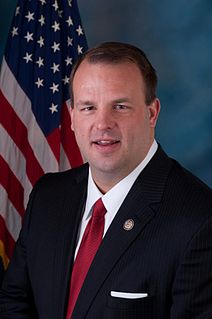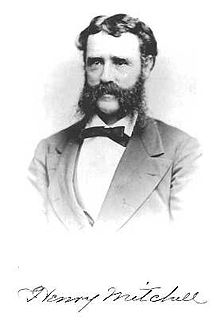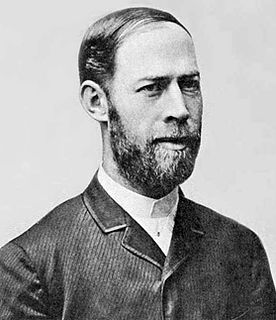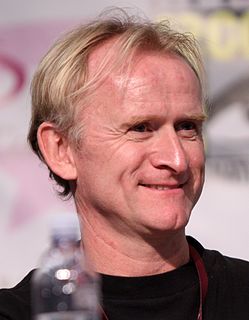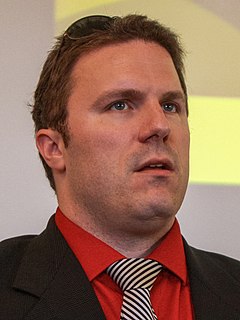Top 1200 Rhetorical Question Quotes & Sayings - Page 10
Explore popular Rhetorical Question quotes.
Last updated on December 25, 2024.
An inevitable question asked of a performer who has made a modest success of his career is, 'How has success changed you?' It's a loaded question because it automatically assumes that there has been a change. And, in a sense, the assumption is a correct one. Basically, however, most people remain pretty much the same.
When the wrong question is being asked, it usually turns out to be because the right question is too difficult. Scientists ask questions they can answer. That is, it is often the case that the operations of a science are not a consequence of the problematic of that science, but that the problematic is induced by the available means.
The question that I can't shake - it's this question that keeps coming up for me - is What does the shared home of the future look like? People are sharing homes at a rate that no one ever predicted, but residences and homes weren't designed for it. They were designed around ideas of privacy and separation.
Far and away, the question I'm asked most often is, 'What's your favorite sporting event to call?' I can't say I've ever answered the question well, simply because the three biggest events I broadcast for CBS Sports - the Super Bowl, the NCAA Men's Final Four and the Masters - each are incomparable.
A lot of "successful" people are tragedies, because what they've accomplished aren't the things they wanted. Intentionally create the question "how" instead of accidentally relenting to the question of "should." If I'm not intentionally choosing a good attitude, I'm almost always unintentionally choosing a negative one.
The doctrine which, from the very first origin of religious dissensions, has been held by bigots of all sects, when condensed into a few words and stripped of rhetorical disguise, is simply this: I am in the right, and you are in the wrong. When you are the stronger, you ought to tolerate me; for it is your duty to tolerate truth. But when I am the stronger I shall persecute you; for it is my duty to persecute error.
I have studied many religions, many different persuasions of thought in Christian belief, and I have come, in this experience to this: the most important question in anyone's life is the question asked by poor Pilate in Matthew 27:22: 'What shall I do, then, with Jesus who is called Christ?' No Other question in the whole sweep of human experience is as important as this. It is the choice between life and death, between meaningless existence and life abundant. What will you do with Christ? Accept Him and life, or reject Him and die? What else is there?
'Who are we?' And to me that's the essential question that's always been in science fiction. A lot of science fiction stories are - at their very best - evocations of that question. When we look up at the night sky and wonder, 'Is there anyone else out there?' we're also asking who we are we in relation to them.
To me this question whether liberty is a good or a bad thing appears as irrational as the question whether fire is a good or a bad thing. It is both good and bad according to time, place, and circumstance, and a complete answer to the question, In what cases is liberty good and in what cases is it bad? would involve not merely a universal history of mankind, but a complete solution of the problems which such a history would offer.
Albert Camus wrote that the only serious question is whether to kill yourself or not. Tom Robbins wrote that the only serious question is whether time has a beginning and an end. Camus clearly got up on the wrong side of bed, and Robbins must have forgotten to set the alarm. There is only one serious question. And that is: Who knows how to make love stay? Answer me that and I will tell you whether or not to kill yourself.
I heard somewhere that whenever you write a book, people will ask you One Question about it over and over. And while I'm no expert in these matters, this is proving to be true. My first book dealt with a not-that-pleasant degenerate type, and the One Question was, 'Is this an autobiographical story?'
I'm the blackest member of my family. You know, these mixed families produce children of all colors, and in Jamaica, the question of exactly what shade you were, in colonial Jamaica, that was the most important question. Because you could read off class and education and status from that. I was aware and conscious of that from the very beginning.
It's always an interesting thing that happens between an artist and their work. People collapse the two, and for any artist, there will be a long period of being considered one thing before being considered another - whether despicable, rhetorical, or poetic. But we all know that these things are made with a huge amount of will and intention. Yet ultimately they're out of our control.
[Sacrifice of Isaac] is a major theme of the so-called Elohist [one authorial strand in the Pentateuch]. It is marked by all of his linguistic characteristics, and so on. We cannot determine what is historical and what isn't. As literary critics, we would understand the importance of this for understanding life, destiny. But the historical question must be left with a question mark.
Who are we? And to me that's the essential question that's always been in science fiction. A lot of science fiction stories are - at their very best - evocations of that question. When we look up at the night sky and wonder, "Is there anyone else out there?" we're also asking who we are we in relation to them.
Gardening is a long road, with many detours and way stations, and here we all are at one point or another. It's not a question of superior or inferior taste, merely a question of which detour we are on at the moment. Getting there (as they say) is not important; the wandering about in the wilderness or in the olive groves or in the bayous is the whole point.
Our confused wish finds expression in the confused question as to the nature of force and electricity. But the answer which we want is not really an answer to this question. It is not by finding out more and fresh relations and connections that it can be answered; but by removing the contradictions existing between those already known, and thus perhaps by reducing their number. When these painful contradictions are removed, the question as to the nature of force will not have been answered; but our minds, no longer vexed, will cease to ask illegitimate questions.
You know, it’s the same thing as the question of free will and destiny, the question of creativity - you, the artist, you’re not the puppet of the piano, you’re not the puppet of the muse, but you’re not its master, either. It’s a relationship, it’s a conversation, and all it wants is to be treated with respect and dignity - and it will return ten thousand times over.


